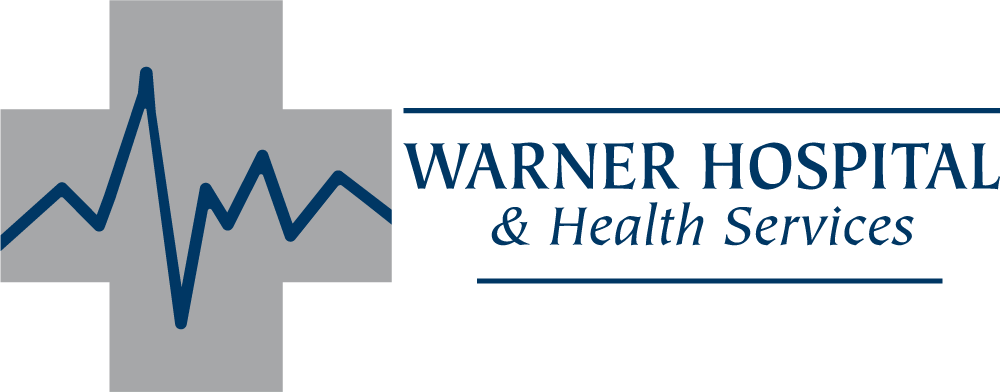
Heart attacks are one of the most common causes of death in America. While some patients get the required medical attention as symptoms are detected early on, identifying the symptoms of a heart attack isn’t easy as they may vary from patient to patient. Because of this, recognizing the most common warning signs can be a lifesaver.
If you or anyone you know suffers from these symptoms, seek immediate medical assistance by calling 911. The six most common heart attack symptoms include the following:
Chest pain — The first and foremost sign of a heart attack is discomfort in the middle of the right side of the chest. It may also manifest as acidities like pain or burning and a slight pressure caused by tension. Although this is the primary symptom, it may vary from person to person. The pain can persist or stay as an on-and-off feeling.
Jaw, neck, and back pain — Chest pain often radiates throughout the body and affects other areas. Jaw, neck, and back pain often accompanies the first symptom as blood flows back from the blocked artery to the spinal cord and merges with nerve pathways in other body parts.
Shortness of breath — Sudden shortness of breath with no apparent cause can happen even without chest pain.
Lightheadedness and cold sweat — While easily overlooked, sudden lightheadedness and nausea can be an indicator of a heart attack. Although nausea may not lead to a heart attack, it could be a sign of hypertension.
Palpitations — Ever have the feeling of your heart pumping faster? A similar feeling may also accompany heart attacks. Sudden onset of heart palpitations should not be ignored.
Upper body discomfort — Besides the jaw, neck, and back pain, you may also feel discomfort in your shoulders and the abdominal region. If you experience pain growing or persisting, seek medical help.
Improve your cardiovascular health today — we can help. To learn more about cardiac rehabilitation at Warner Hospital, call 217-935-9571 ext. 3302.






